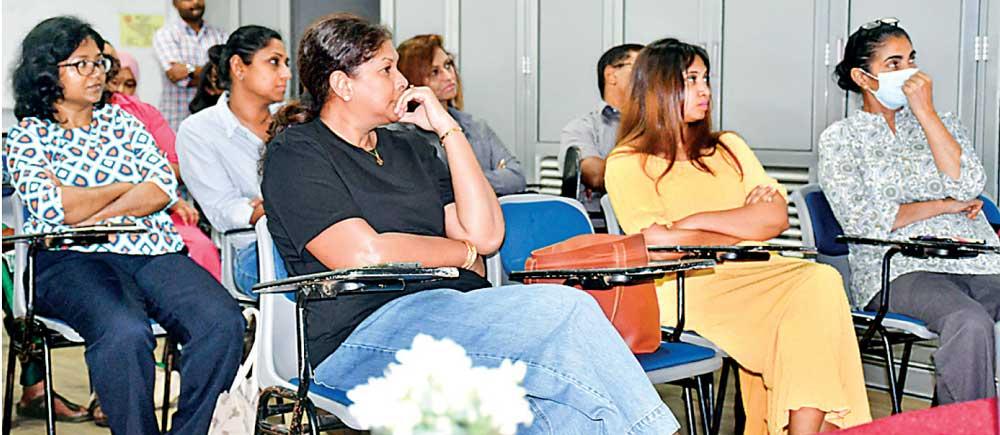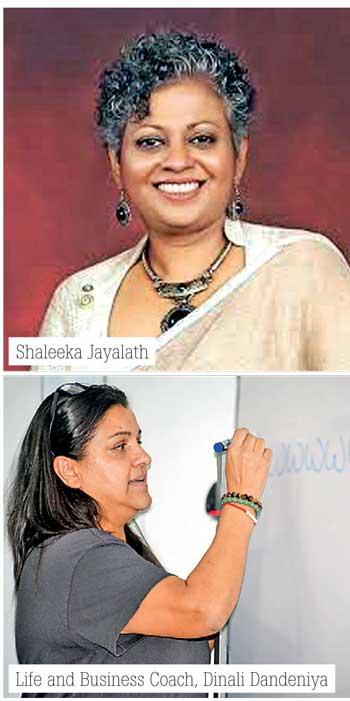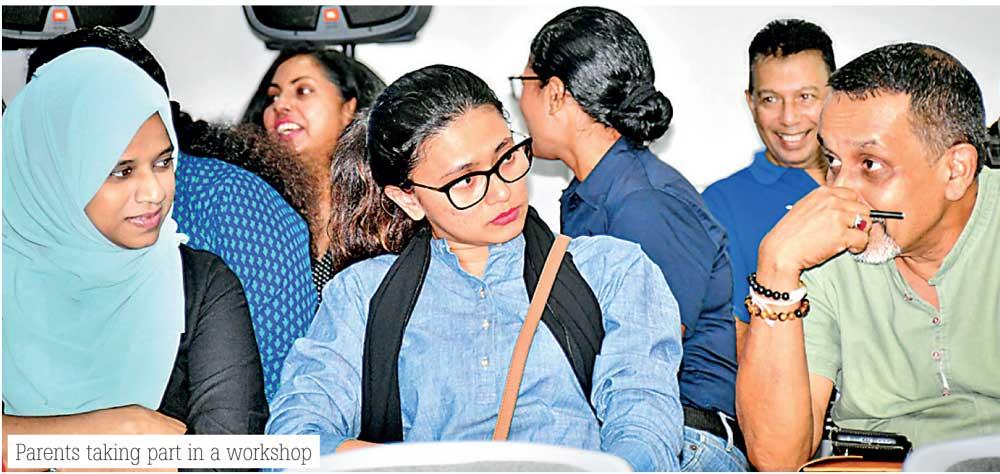Reply To:
Name - Reply Comment

 The Colombo School of Arts and Sciences (CSAS) has taken a proactive step towards addressing the growing concerns surrounding teenage mental health by organising a panel discussion and a parental workshop. These initiatives aim to equip parents with the knowledge and tools to support their children during the complex and often challenging adolescent years.
The Colombo School of Arts and Sciences (CSAS) has taken a proactive step towards addressing the growing concerns surrounding teenage mental health by organising a panel discussion and a parental workshop. These initiatives aim to equip parents with the knowledge and tools to support their children during the complex and often challenging adolescent years.
The World Health Organisation’s latest statistics paint a stark picture: 4.4% of 10–14-year-olds and 5.5% of 15-19-year-olds globally experience anxiety disorders, while depression affects 1.4% and 3.5% of these age groups, respectively. These alarming figures underscore the urgent need for open discussions and practical solutions to address the mental health struggles of teenagers. CSAS’s efforts to clear doubts, confront taboos, and dispel myths have sparked meaningful conversations, enabling parents to better navigate their children’s mental health in an ever-evolving world.
 Weathering the Storm: A Thought-Provoking Panel Discussion
Weathering the Storm: A Thought-Provoking Panel Discussion
The first event, a panel discussion titled, “Weathering the Storm,” was held on the 1st of November 2024 and tackled pressing topics such as adolescent depression, suicidal thoughts, hormonal changes, peer pressure, parenting, and education. The distinguished panel included:
The session was moderated by Dinali Dandeniya, a Corporate Trainer and Life Coach. Key topics discussed included:
The event drew parents and industry professionals alike, offering invaluable insights into this critical issue. For those who missed the discussion, the full session is available on the CSAS Facebook page.
Shifting the Tide: An Interactive Workshop for Parents
Building on the success of the panel discussion, CSAS hosted a follow-up workshop, “Shifting the Tide,” on the 19th of November. This hands-on session engaged parents directly, allowing them to share their experiences and challenges in raising teenagers. Facilitated by Shaleeka Jayalath, Ranil Thilakaratne, and Dinali Dandeniya, the workshop focused on:
Participants praised the program’s transparent and impactful approach. One attendee remarked, “The programme itself brought out hardcore facts and emotions in a very candid, transparent manner. Parenting is an effort that could bring out great rewards if the information brought out by the programme could really be put into practice. We actually need programmes like this.”
Looking Ahead
Encouraged by the positive feedback, CSAS International School plans to hold a dedicated workshop for teenagers in January 2025. This event aims to address the mental health needs of adolescents directly and provide them with the tools to manage their emotional well-being effectively. For more information about upcoming events on teenage mental health at CSAS, please contact 077 430 3204. Through initiatives like these, CSAS continues to lead the way in fostering a supportive environment for teenagers and their families, ensuring that mental health remains a priority in education and beyond.
